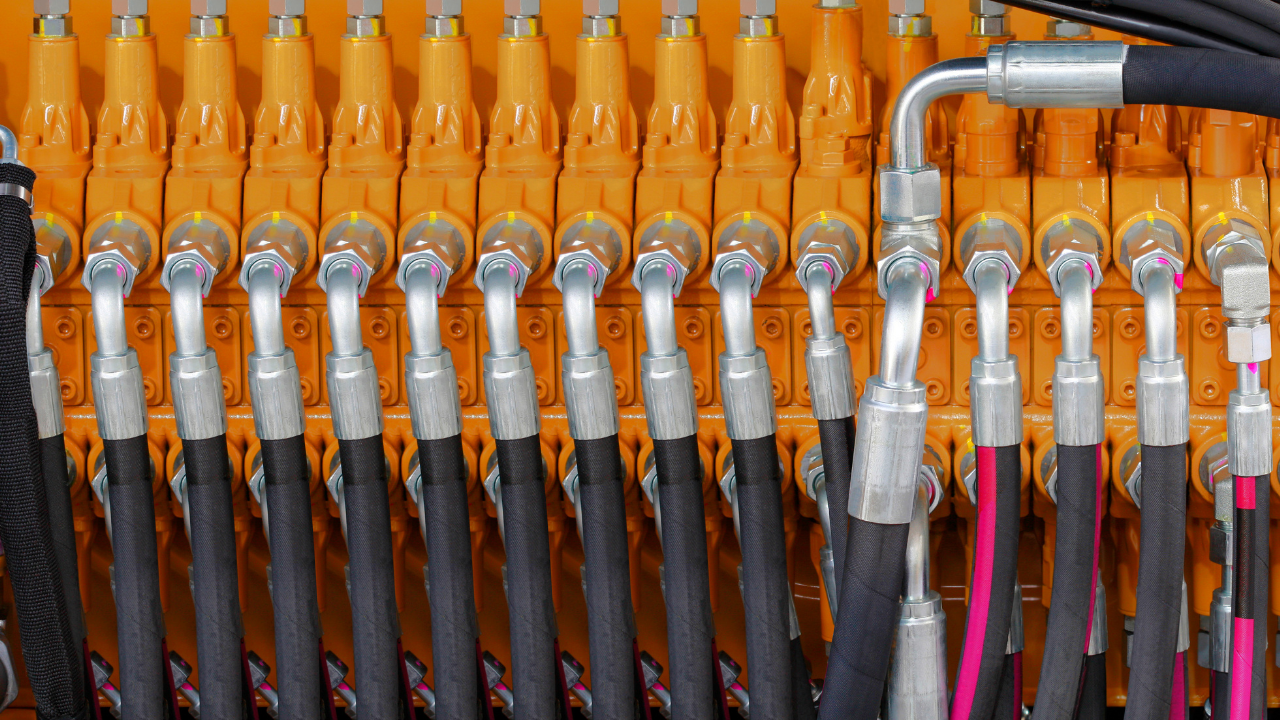Improved Safety
Paul V. Arnold, MRO Today
Real Life Example: Improve Safety
Chicago is arguably the greatest baseball city in America. It’s the home of Wrigley Field, the Cubs and the White Sox. It’s a city that’s synonymous with names like Luke Appling, Hack Wilson, Luis Aparicio, Ernie Banks, Bill Veeck and Harry Caray.
But what does baseball have to do with industrial plants?
Holy cow! Baseball is all about making it home safely and getting those three important outs. The same holds true in manufacturing. Just ask Republic Windows & Doors, a downtown Chicago company that’s earning an all-star reputation in the area of improved plant safety.
In the past 4½ years, Republic’s number of Occupational Safety and Health Administration (OSHA) recordable injuries has dropped 91 percent — from 129 in 1999 to six for the first half of 2003.
“I want my co-workers to make it home safely every day,” says operations assembler Ricardo Caceres.
That happens nearly all of the time because Republic’s plant safety environment includes three important “outs.” They are:
- Spelled out: Safety importance, instructions and goals are clearly presented to all employees.
- Look out: Hourly workers keep their eyes peeled for problems and solutions.
- Paid out: No pain means big gains for everyone.
Grab a hot dog, bag of peanuts and a cold Old Style. Chicago baseball may have its North Side and South Side, but now it’s time to get Republic’s side.
Spelled out
In the years prior to 1999, workforce dynamics made safety gains difficult for Republic Windows & Doors.
The biggest obstacle was a constantly changing plant population. At times, the turnover rate reached 200 percent.
“If we hired 320 people in a year, we probably retained 40 to 50 of them,” says safety manager Tom Ayala.
Adds vice president of manufacturing Kevin Heylin: “We didn’t have an enticing reputation. Work here was viewed as very unskilled labor.”
An unwanted reputation was also tied to safety. Managers were seen as heavy-handed in giving warnings and write-ups following an accident or incident.
Finally, there was a communication gap. More than 80 percent of Republic’s hourly workers are Hispanic. Many of those employees speak English as a second language or speak only a limited amount of it.
But Republic turned a triple play by crafting a new plant environment centered around skills training, empowerment, trust and togetherness. This led to improved safety.
Heylin ties the skills training/job retention component to a lean manufacturing program called Blast.
“We took on this initiative, which involves going cellular and utilizing kaizen events,” he says. “Each production line was re-engineered. We targeted operational achievements in productivity, quality, safety and maintenance. In going through this process, one of the biggest opportunities was in the level of training employees received and the skill sets that were provided to them.”
This led to the development of standards for various work activities. Employees now must be certified to perform a specific task and earn pay raises when they master a multitude of tasks.
Workers gained more control of their future, and a sense of empowerment grew as managers supported their actions.
“The power of language, of positive messages, has an enormous effect on behaviors and performance,” says Heylin.
In regard to safety, that meant being instructive, not punitive.
“There is no ‘gotcha’ anymore,” says Ayala.
A plant that’s designed for workers’ health and well-being Republic Windows & Doors’ manufacturing plant in Chicago, which opened in 1998, was built with special attention to the physical and mental well-being of the company’s workers. Among the more interesting plant features are:
- Six 3,200-square-foot natural light monitors that allow natural light into the facility, thus improving employee morale and productivity.
- A state-of-the-art air handling system that maintains an equal ambient temperature throughout the facility.
- Two 3,200-square-foot fitness centers.
- A soft interior color scheme selected to make the manufacturing space airy, bright and upbeat.
Republic stopped issuing discipline for accidents and safety violations and began emphasizing analysis and coaching. Workers who used to hide injuries or incidents for fear of reprisal now see themselves as part of the solution instead of simply the problem. Within months, reports ofhazards, first-aid injuries and near-miss incidents dramatically increased. This allowed the company to understand root causes of accidents, and it instituted bi-weekly inspections and rigorous investigation practices related to near-misses and accidents.
Republic documents these inspections using digital photographs, and immediately distributes reports to supervisors and process engineers who hold meetings with employees to discuss ideas.
Communication improved when the company began:
- printing the reports in both English and Spanish, and using a graphic-oriented format (pictures need no translation);
- posting bilingual safety signage;
- and, hiring young, bilingual plant-floor managers such as Ayala and Salvador Samano.
All of this helped the company establish credibility with its employees that safety was a way of life and the No. 1 priority. As a result, retention became a non-factor. For example, the Ramguard production line, one of the key areas of the plant, has had no turnover in the past four years.
Quick plant facts
- Plant: Republic Windows & Doors in Chicago, operating two daily shifts five days per week
- Employment: 750 (450 unionized manufacturing employees)
- Floor space: 375,000 square feet
- Products: Custom vinyl windows and doors
Safety stats
Yearly OSHA recordable injuries for Republic Windows & Doors:
- 1999: 129
- 2000: 76
- 2001: 45
- 2002: 21
- 2003: 6*
* = through 6/25
Look out
Workers aren’t only staying; they are actively making a difference when it comes to improved plant safety. They are on the lookout.
In the past, that may have meant looking out for safety managers who came by for an inspection. After getting tipped off by a co-worker, they put on required gloves or safety glasses or adjusted backward-facing hard hats. Today, they truly look out for one another.
“If someone isn’t wearing personal protective equipment or is wearing inappropriate PPE, it’s our responsibility to point it out to him or her,” says Caceres. “Every employee is my buddy. I don’t want anyone to get hurt.”
Says operations assembler Eladio Munoz: “While our safety record is very good, this is still a manufacturing plant, and there are dangers. You can get hurt. We have to be aware of problems and opportunities.”
Hourly workers like Caceres and Munoz hit safety home runs by:
- Stopping the production line: Workers know more about their area than anyone else. They spot mechanical problems before danger ensues. The same goes for safety. Therefore, any time a worker notices a potential safety hazard, he or she is empowered and encouraged to stop the line.
- Identifying bad behaviors: In the rare case that a worker blatantly disobeys safety rules, puts others at risk and refuses to change, co-workers are empowered to take action. They bring the case to the attention of a supervisor, who acts as an umpire and has the ability to send someone to the showers.
- Taking part in analyses: If an accident or incident happens, a thorough investigation is completed within 72 hours of the occurrence. During the investigation, workers provide background information, gather facts and data, and help recreate the event.
- Taking part in SHAQ tours: Instead of infrequent “gotcha” inspections, SHAQ (safety, health and quality) tours of the production lines two to three times per day focus on safety hazards. A tour group will include folks like Ayala, Heylin and Samano, but also a few hourly workers. They point out problems that may go unnoticed by those in the production area.
- Developing solutions: If an employee comes up with a better and safer way to perform an activity, or has an idea to make the line safer, he or she presents it to a supervisor. The supervisor works with Ayala to determine the idea’s merits. If it is approved, the employee works with Ayala, engineers or suppliers to implement the fix.
- Listening to solutions: If a manager or engineer has an idea to improve safety, they can present it to workers to see if it would fly in the real world.
- Giving feedback to suppliers: Workers talk regularly to representatives of MRO distributors and product manufacturers. Those suppliers can use that feedback to source products (power tools, hand tools, etc.) that address specific safety or ergonomic issues.
- Giving feedback on PPE: If workers have a problem with a specific safety item (it’s too heavy, not comfortable, difficult to use), Ayala will work with them to source an improved item. Recent examples of this are with leather aprons and hearing protection.
Paid out
Reducing the chances of getting hurt on the job is an initiative everyone can support. However, Republic raised the bar by providing cash to production line teams that achieve outstanding safety performance. (Baseball players aren’t the only people who like bonuses!)
The plant’s gain-sharing program pays an incremental hourly wage every two weeks to teams that operate accident-free. The increment grows over time, which is great news if you are like the Ramguard line, which hasn’t had a recordable in more than 600 work days.
If the team experiences an accident, it starts again from zero.
This setup creates healthy competition among teams.
“Everyone wants to have the most days accident-free,” says Heylin. “It’s gotten to the point where it’s not about the money anymore. It has more to do with pride and bragging rights.”
Republic has also paid out to improve workers’ health by constructing two fitness centers (each 3,200 square feet) inside the 375,000-square-foot plant. Employees are encouraged to exercise before or after work.
The Window City
Like the 1908 Cubs and 1917 White Sox, Republic Windows & Doors has a championship team. In the area of plant safety, few companies in Chicagoland do it better.
By effectively spelling out its safety program, having everyone look out for hazards and opportunities, and paying out to good performers, Republic built a winning game plan for employees to make it home safe and improved its existing safety stats.
Related Articles
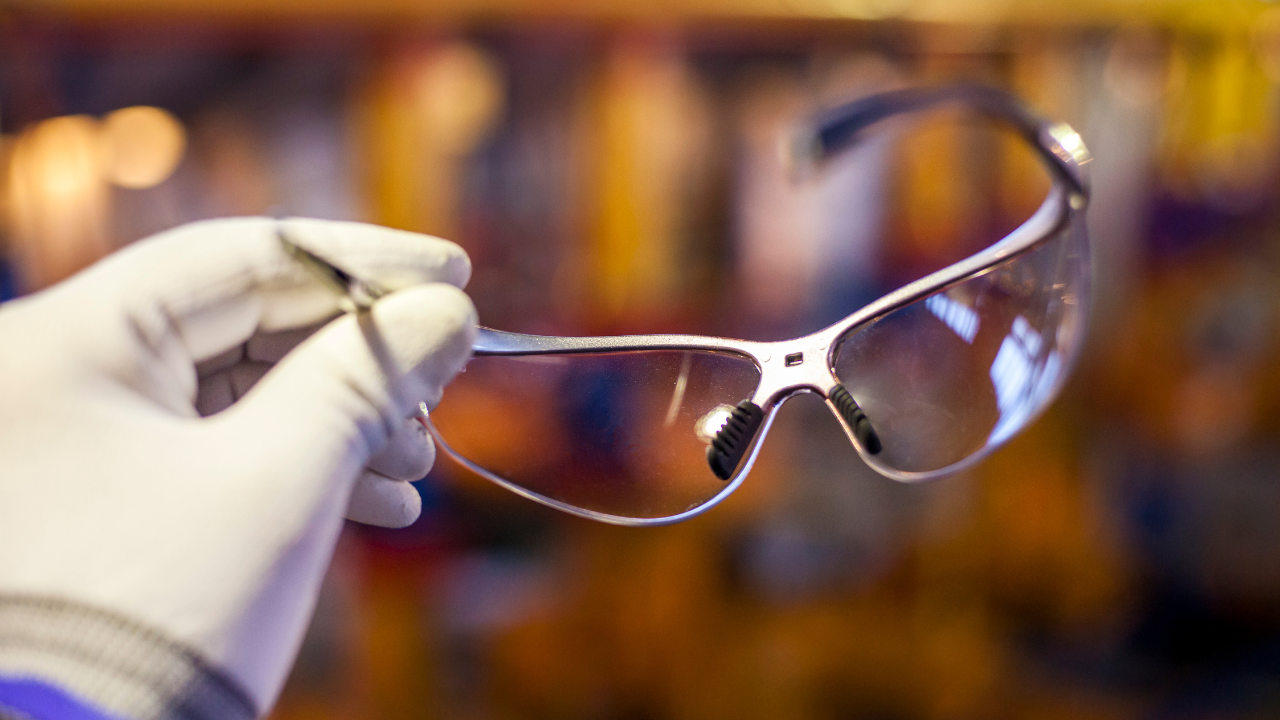
All About Eye Protection
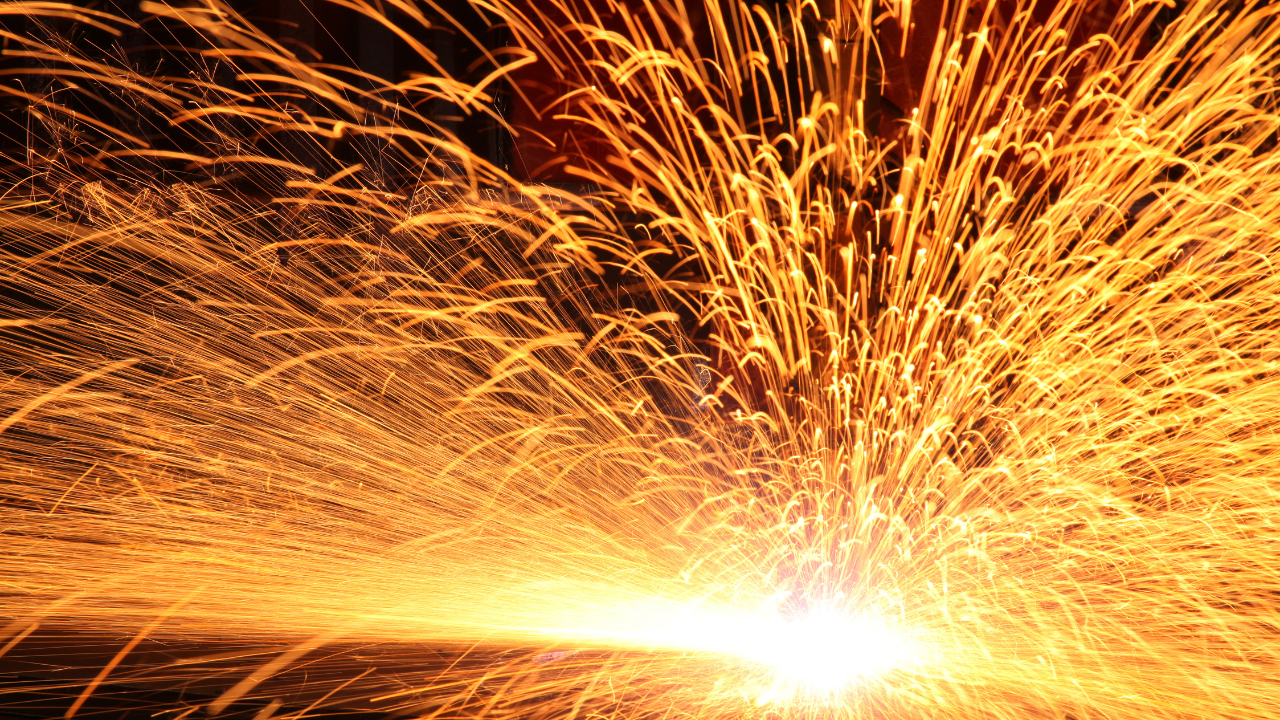
Arc Flash/Arc Blast Review with Safety Suggestions for Design & Maintenance
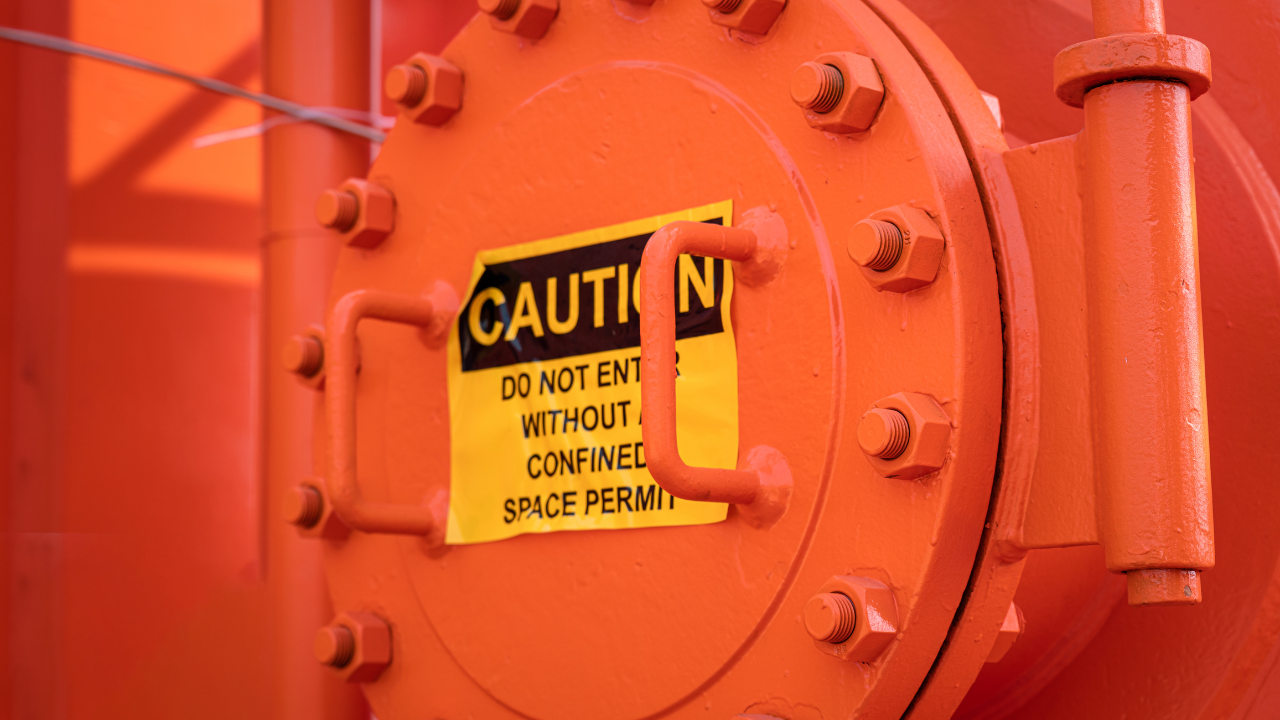
CSA Launches First Confined Spaces Standard in Canada

Do You Need NFPA 70E?
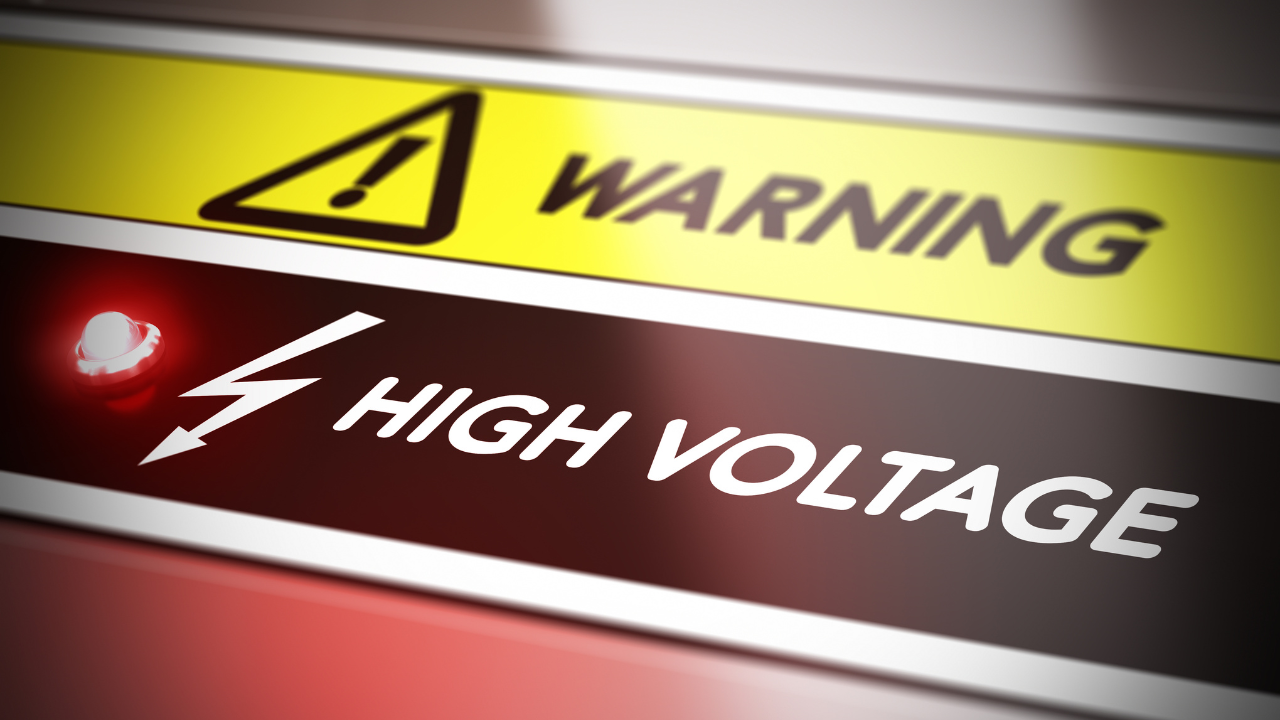
Electrical Hazards
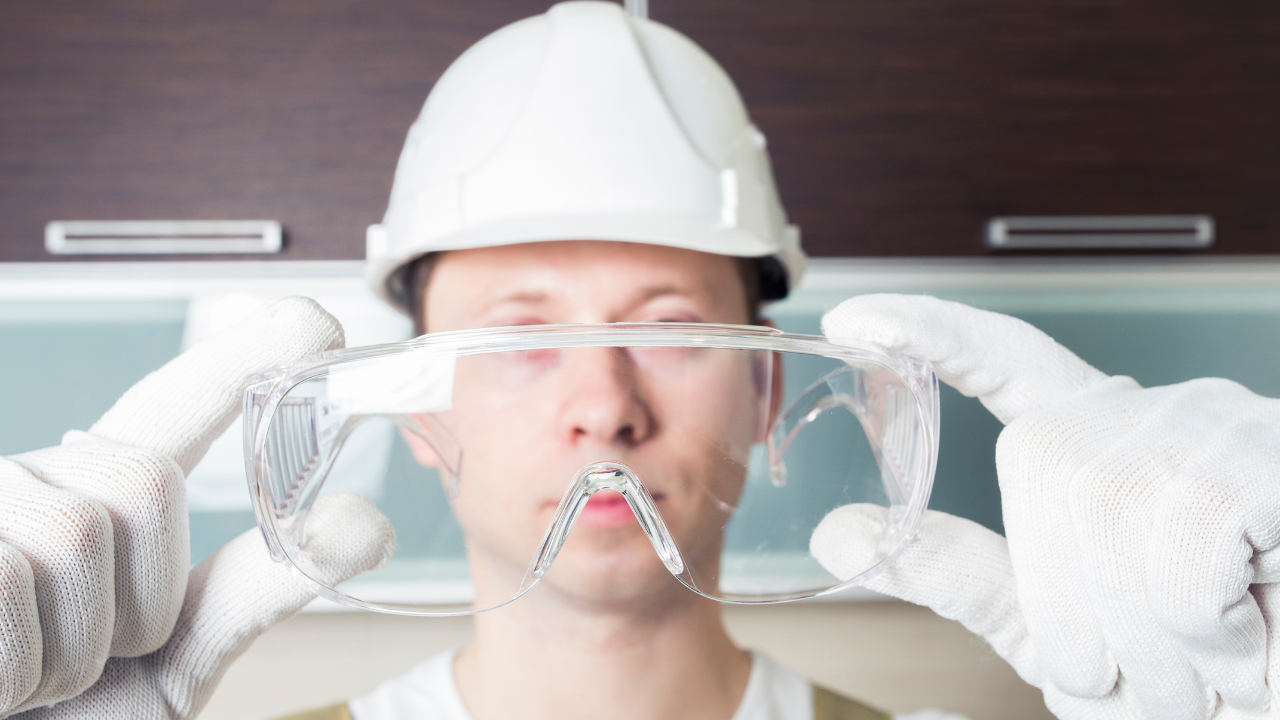
Eye Injuries are a Serious Threat to American Workers
